The Triple Win of Cause Marketing
“We know we can do well by doing good,” said Louis Gerstner, Jr. while Chairman of American Express Travel Services, the company widely credited with coining (and trademarking) the term “cause-related marketing” in 1983. Since that time, cause marketing has grown to become over a billion-dollar industry. The good news is any business of any size can employ simple marketing principles intersecting corporate business goals and objectives with the needs of society and achieve extraordinary benefits for all parties.
As with most opportunities in life, one often asks the question, “What’s in it for me?” Therefore, to ensure cause marketing is maximally successful, non-profits, for-profits, and individuals each have to win – a triple win – meaning the benefits of each one’s involvement exceed their investment of time, money, and energy.
The following three examples of companies located in Richmond, Virginia show that small businesses can make a huge difference…elevating their standing in the community while at the same time increasing their customer base.
When the Virginia Blood Service was facing a critical blood shortage in 2002, Mark Smith, owner of Midas of Richmond wanted to help out. He decided to host community blood drives and, as a show of appreciation, would reward each donor with a certificate for a free oil change. Donors win by receiving a $30 value back for doing a good deed; the blood service wins by the additional promotional exposure and increased donations of blood (over 2,000 in 5 years); the automotive service provider wins by expanding their potential customer base at a hard cost of only $15 per person. If a customer has a positive experience, they could potentially become a customer for life.
Since 2002, Midas of Richmond has been responsible for over 2,000 donations of blood, and as a result, Mark Smith was inducted this year into The Baxter Blood Donor Hall of Fame, one of 12 individuals across the country recognized for their outstanding service. And just to show that you do not have to choose between “missionary” and “mercenary,” Midas of Richmond was also awarded 2007 the “Midas Regional Franchisee of the Year,” out of 550 dealers across the country for their exemplary performance.
Here is a breakdown of the benefits a triple win can offer.
1) The non-profit
- Garners additional support in time, resources, and expertise.
- Gets access to a company’s customers, employees, and suppliers.
- Obtains leverage for additional marketing and PR opportunities to promote their cause (awareness).
- Increased involvement or donations (the bottom line).
2) The for-profit
- Viewed as a socially responsible company.
- Customers/clients/public feels good about (elevated public perception).
- Creates brand differentiation in an increasingly crowded and changing marketplace
- Enhanced marketing and PR opportunities
- Employees and potential recruits feel good about you
- Increased business (the bottom line)
3) The individual
- Exposed to a new opportunity to make a difference.
- Feels good about making a difference.
- Is viewed by others as one who makes a difference.
- May receive value back as a part of supporting or making a contribution to the cause
Some highly committed companies promote that they donate a percentage of their profits to local causes, while others create specific promotions around a cause related to their industry. Puritan Cleaners encourages customers (and future customers) to drop off used coats over the holidays, which they will clean and then donate to the Salvation Army. Since the inception of “Coats for Kids” in 1988, approximately a quarter of a million coats have been collected, cleaned, and distributed. Gary Glover, owner of Puritan Cleaners explained that “it is something that we can easily do to help the community, and by doing so, it makes me feel good, it boosts company morale and customers feel good about helping the cause.”
Saxon Shoes encourages the donation of used (but usable) shoes for the needy. Partnering with a local television station to create added exposure for the campaign, the company distributes between 5,000 to 10,000 pairs of shoes each year to the Salvation Army during the holidays. Gary Weiner, owner of Saxon Shoes explains that “as a Richmond company for over 50 years, not being involved in the community was not an option and it is also good for business…what goes around comes around.”
Any business in any industry of any size should consider what contribution they can offer to make a difference. While you may not believe your company is large enough or has the funds to invest in cause marketing, your contribution does not always have to be in the form of dollars; it may be your time, expertise, or the resources of your staff, customers, or suppliers. Select a non-profit organization or cause that you (and your organization) are most passionate about. Is it feeding hungry children, finding homes for abandoned animals, caring for the elderly, or building homes for the homeless that could benefit from your company’s involvement?
Just as businesses have specific goals, the same should be true in cause marketing. What is the targeted outcome? Is it to raise a designated number of pounds of food or a targeted goal for blood donations, and by when? The biggest impact will be made with a long-term commitment. After a cause is chosen, a campaign theme is developed and that theme is reproduced over and over, the frequency and consistency will provide for greater exposure and greater results year after year. To maximize the marketing component of cause marketing, choose strategic promotional partners (inside and outside the media) where you can leverage your investment of time and dollars to achieve greater results.
The more genuine and authentic a company is, the more successful it will be. If cause marketing is part of a well-conceived and well-executed strategy it will be perceived the way it was intended, as opposed to an orchestrated PR campaign crafted only to improve an image in the marketplace.
Cause marketing is all about promoting the good deeds and contributions of good companies to help good causes. Some individuals and companies would prefer to make anonymous contributions without receiving the credit, however, for those who want to elevate their standing in the marketplace and in their community, promoting a contribution is not only good for their business, but it can be very good for the cause.
About the Author:
Michael Guld is an author, speaker, entrepreneur, and radio commentator whose business development expertise lies in increasing sales performance, marketing exposure, employee productivity, and creating a world-class service experience. He is the president of System 21 and The Guld Resource Group and can be reached at (804) 356-7006 or michael.guld@guldresource.com.



